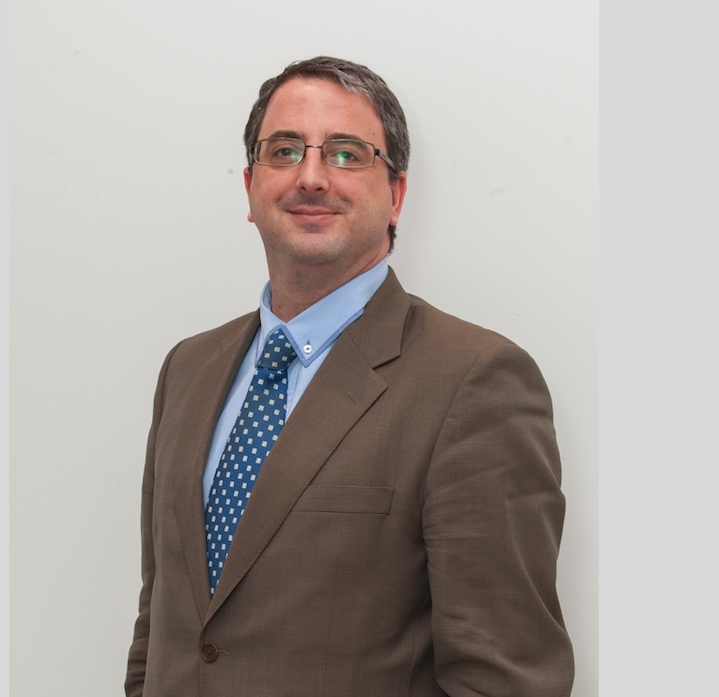Innovation in the field of responsible investment funds is a fact, as these criteria (environmental, social, and good governance) are increasingly applied to more asset classes, whether equities, fixed income, emerging debt, or high yield, as well as to thematic products. This innovation also concerns passive management, and managers such as Candriam, Degroof Petercam AM, BNP Paribas IP, or Deutsche AM, for example, have both, actively managed, and indexed or passive SRI vehicles. Recently, Deutsche Asset Management has created the db x-trackers II ESG EUR Corporate Bond UCITS ETF (DR), a fixed income ETF to offer investors exposure to the corporate bond market, denominated in Euros, of companies that meet certain environmental, social, and corporate governance requirements.
These types of launches reignite the debate on whether it’s feasible to apply SRI management, which requires a large degree of analysis, to passively managed vehicles. The entities with ISR offer of both types believe that it is equally possible, although others characterized by a more active management, such as Mirova (Natixis Global AM’s SRI specialist), or Vontobel, have their doubts.
“Although most of the SRI management is done through active management, there are very interesting SRI ETFs, such as the BNP Paribas Easy Low Carbon Europe ETF, which invests in the 100 European companies with largest capitalization and the lowest carbon footprint,” says Elena Armengot, explaining that BNP Paribas Investment Partners manages 15.3 billion in ETFs, where they exclude any security that is on their exclusion list, and also, ETFs that replicate MSCI indices exclude the arms industry.
“The experience we have with SRI in passive management is proof that it also makes sense, and the issue in this field is the level of SRI quality that we target and the index to replicate,” Candriam says
Petra Pflaum, from Deutsche AM, argues that both active and passive management can be applied to SRI.”Passive products may include the use of indexes constructed from an eligible universe based on SRI characteristics of a company or a country” the expert explains; and says that they will expand the business in passive management in this area, after its recent launch.
UBS ETF is also defensive of SRI in passive management: “In UBS AM’s offer of ETFs, we have the largest range in Europe of fixed income and equity funds with a SRI filter, with a total of 9 funds and 1.2 billion Euros, which replicate MSCI indexes with SRI filter, such as MSCI World, MSCI Emerging Markets, MSCI EMU, MSCI USA, MSCI Pacific, MSCI Japan, and MSCI UK, for the equity indexes, and the MSCI Barclays Euro Area Liquid Corporates and US Liquid Corporates indexes, which are both investment grade fixed income,” explains Pedro Coelho, Head of UBS ETF in Spain.
“We believe that ETFs have their market, and of course any initiative to boost SRI is welcome: if passive management bets on these types of vehicles linked to socially responsible indexes, it will definitely give a definite boost to the integration of extra-financial criteria in Investor portfolios”, argues Xavier Fábregas from Caja Ingenieros Gestión.
However, active management adds value to the extra-financial analysis that can hardly be obtained otherwise, for example, corporate dispute management requires a more global approach, without adhering to an index, or to a certain universe, he adds.
Only Active Management
And there are also those who believe that the SRI philosophy is applied much more efficiently with active management: for Edmond de Rothschild AM, active management is the best way to achieve social and environmental profitability. According to Sonia Fasolo, SRI Manager at La Financière de l’Echiquier, “it is very natural that passive management also develops in the same way, but it must be remembered that a large part of SRI tries to get involved with companies to help them adopt better standards and practices; I have doubts that ETF managers will get involved with the companies, or deal with certain issues during the general assemblies,” she adds.
“We believe in active management, and we are convinced that in order to achieve high returns, investors need to follow an approach that is strongly linked to profitability and that fully integrates ESG issues into fundamental analysis rather than replicate indexes. When replicating indexes, investors are exposed to risks that may be unknown and indexes also tend to apply exclusion criteria that limit the investment universe,” says Ricardo Comín from Vontobel.
At Mirova, Natixis Global AM’s SRI specialist, they warn of the need to assess the risk of ETFs and doubt as to their ability to apply SRI criteria with the same effectiveness as active management.



